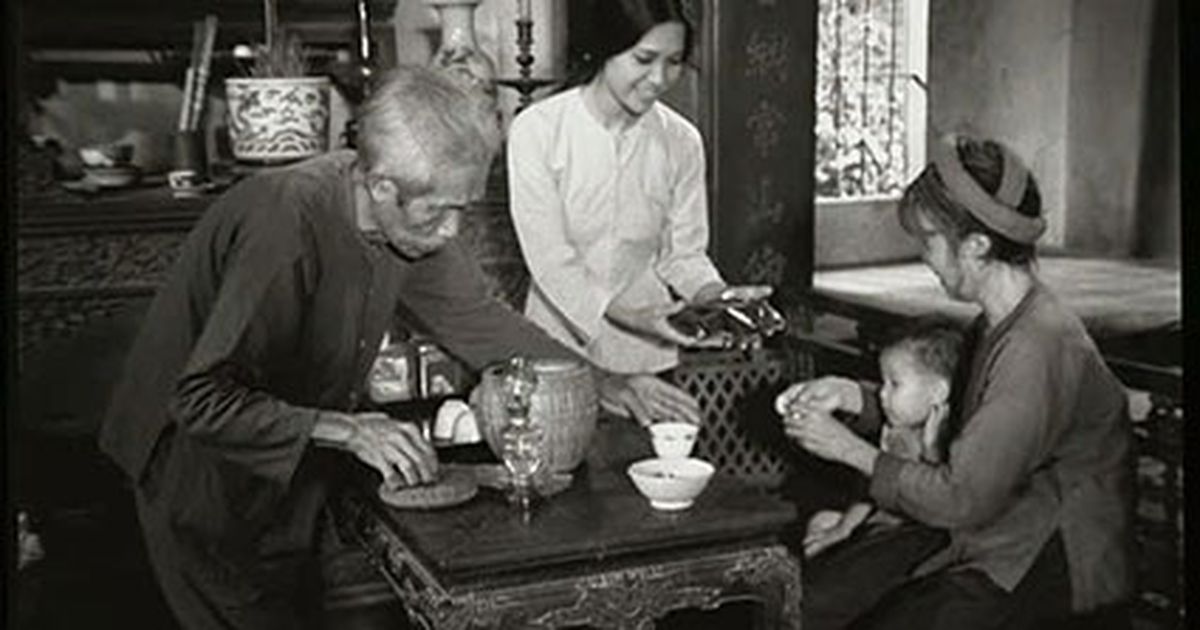The rain is pouring. Somewhere beyond the rice fields, a funeral procession inches forward. Four men carry the bier, and behind them, a young woman in a white mourning scarf holds the hand of a boy barely seven. Her husband has been gone for years, lost in a war fought far from this village, but only now does the news arrive. His body will never come home. They say the dead don’t suffer. But what about those who stay?
That was an image that stayed with director Dang Nhat Minh and expressed through When the Tenth Month Comes (1984), hailed as “one of the 18 greatest Asian films of all time” by CNN.

But it’s not a war movie in the way we’re used to. It’s a war story without the usual tragedy, no bodies in the dirt, no screaming bombs. Instead, the grief lives in the small, ordinary moments of the ones who stay behind.
Duyen, played by Le Van, learns from an official letter delivered a full year after the fact that her husband was killed on a battlefield in the South. Unable to bear the thought of breaking the news to her family, she persuades the village teacher to write fake letters in his voice. The deception buys her father-in-law a few more months of joy, gives her son something to clutch when asked where his father is. For Duyen herself, it’s an anaesthetic. She keeps the real grief hidden and cries in rooms with the door shut.

In one of the film’s most haunting scenes, Duyen visits the Âm Dương (Yin and Yang) market—a meeting place for the living and the dead. She encounters her husband’s spirit, who tells her: “I just want the living to be happy. Only those who stay can feel happiness. My part’s done.” He’s not asking her to forget him, but a reminder to move forward.

By the end, the rice harvest is in. Duyen walks her son to the first day of school, the mourning scarf still wrapped around her head — a quiet sign she’s accepted her husband’s death, yet still carries that wound with her.
One of the film’s sharpest anti-war truths is how it stays with the ordinary people, ones with no medals, no uniforms, no ranks. Just lives quietly marked by the war they never fought.
Director Dang Nhat Minh says: “When the Tenth Month Comes was born from the pain of my own family, from the pain of tens of thousands, millions of people who lost loved ones in the war. These were already within me; I didn’t need to look far to find them.”
Released almost a decade after the war, the Vietnam that When the Tenth Month Comes depicts is still raw from the wounds of reunification. The film lingers on the hard questions: What do we do with the wounds we keep? How do we move on while living with the reality of loss?
